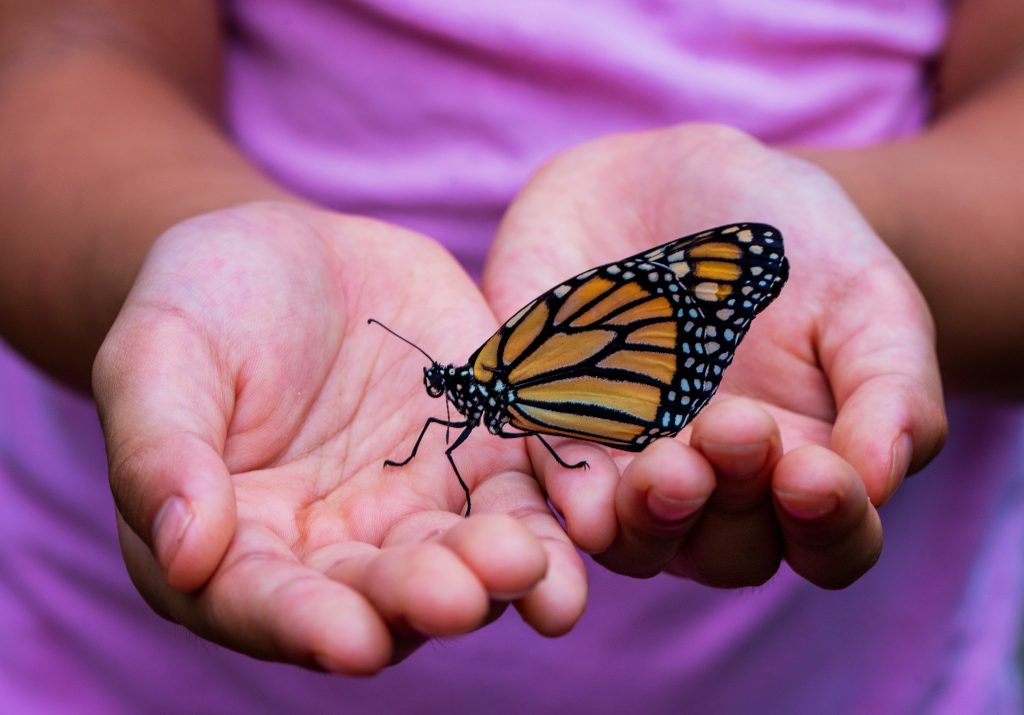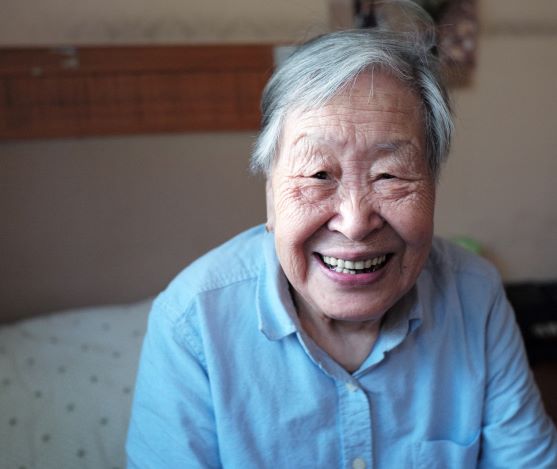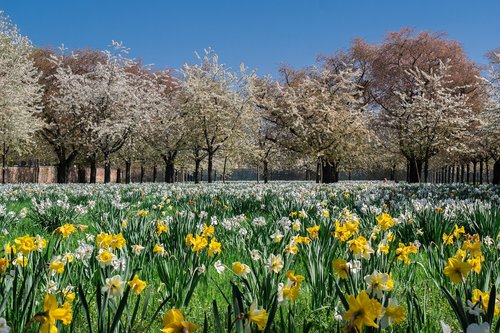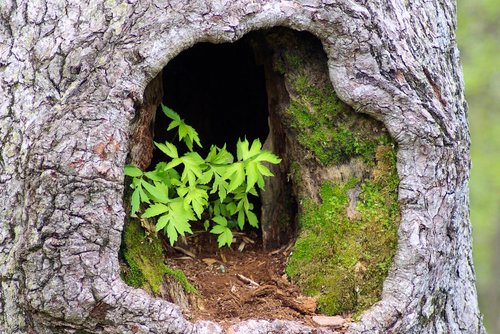
Pippa Bonner shares insights from her encounters as a Pastoral Worker with older people.
Adapted from a talk given by Pippa at our event on 26th April 2022 at Wheeler Hall, Leeds.
I am an older person (a younger older person, rather than an older, older person,) and a Catholic who retired a few years ago only to hear about a part time job in pastoral care. Now I work offering pastoral care to older women in a Nursing and Care Home. I am a widow with children and grandchildren. I come from a social work background, then moving to hospice work where I coordinated a Bereavement Service. At the same time I worked for a part time Masters Degree in Theology.
You might also like to know that I can knot balloons quickly, have a reasonable serve at tennis, and have found my singing voice improves with age. I dislike housework and gardening but love reading stories to my younger grandchildren.
There is nothing special in any of this because all older people gain experience in all sorts of ways, but I am ‘embracing the view’ of later life. However I have some hearing loss, cataracts and am being investigated for wobbly legs. All of these symptoms make me wonder, am I moving towards being ‘over the hill’ ?
What is special are some of the encounters I have had with older people, (older than me), which illustrate their faith, their wisdom, grace, courage and humour despite their losses, pain, vulnerability and, in some cases, dementia.
‘Models of Ageing’ and Unexpected Encounters
I have encountered great models of ageing as people patiently adjust to a new pain or a decrease in mobility. However, next day they may feel frustrated or anxious.
Older peoples’ situations can vary from day to day. I have learnt about encountering people in the moment and trying to respond in that moment. Some people like structure, planning and appointments, which I honour too, but others no longer do. They want to talk NOW.

I find I often can respond in the moment.
Tomorrow, later in the day, the moment may have passed.
In my parish community I am encouraged and comforted by some of the parishioners in their 90s who come to Mass and other events. At least three who live alone near the church, walk to Mass using walking frames or sticks. Priests and people come and go but these three represent for me the faith, love, humour, highs and lows, and gritty persistence in the life of the Parish. I know they have bad days too, but they are an inspiration. We all know people like these: strong models of living life, however tough it is (who would be very embarrassed to be described like this!)
I also want to give a few examples that were unexpected gifts for me, of older, older people who may be viewed by some as being over the hill. But are they?
For example, one woman with dementia often has disturbing thoughts some of which are delusional and paranoid. It is distressing for her and those around her.

However, a while ago she said to me, in a clear moment, that when she gets wound up sometimes poetry helps her to unwind. So, I and others read poetry with her for short periods. Sometimes she reads familiar poetry she learned at school.
She also started to fear going out. On a lovely sunny spring afternoon recently, I took her out in a wheelchair. She pointed out to me the bird song and we enjoyed the flowers. We sang songs. One of them was “Row, row, row your boat “and I realised that the walking stick she insisted on clutching in the wheelchair had become the oar of our boat as we travelled past daffodils and even a butterfly in the March sunshine. She soon went back to feeling distressed but she had had some respite from her disturbing thoughts and we saw her transient enjoyment.
Another woman with dementia had lived a contemplative religious life for many years. At the end of her life she was mostly silent but had a wonderful smile. She was an example of one aspiration of older age: “being rather than doing”. Despite her dementia I and many others were aware of her deep spirituality.

One of her favourite expressions before she lost most of her speech (though she would still sing) was “Oh, how lovely!” Sometimes, I would sit with her in silence, holding her hand. I felt so much strength coming from her. It restored me and seemed to comfort her as she smiled.
Similarly, another resident who had advanced dementia had been a very gifted teacher, writer and Spiritual Director. Part of my role in the Care Home is to facilitate a monthly Discussion Group. We were going to be discussing Pope Francis’ document, Laudato Si which is about the world and creation. I had gone with her around the garden.

Suddenly she was praising the flowers and trees around her in a deep reflective, beautiful way. As soon as our walk was over, I wrote down what she had said and added it to the handout we were using. She came to the discussion and saw the piece she had said in the garden.
She joyfully read it aloud then and later in the session she read it again! Everyone was pleased to see a strong glimpse of the previous person they had known. Her joy and the pleasure of the other residents seeing her joy and a reminder of her work was a gift to all of us.
Embracing the View – with it’s beauty, light and dark patches
It goes without saying that I have also encountered deep pain and distress in my pastoral work. Older people may feel they are encountering numerous losses in their life: bereavement and other losses of health, independence and agency. For some older, older people their lives are punctuated by so many adjustments to new losses (not necessarily deaths), pain and changes in their daily lives that the process of finding some kind of equilibrium can be a recurring challenge.
People usually find that resilience means
not blocking out the emotional pain, but living with it,
and in time, finding altered ways of living.
All of us can listen, support and accompany people at particular times. Compassion is literally about staying “with the passion”, the passing or pain, of the moment.
How can we continue to find hope, faith and perseverance? How can we embrace the view? Those of us who are older may have less physical strength but have life experience to know when we are managing, need some support or where we can continue to support others around us.
Ageing, whether as a younger older person or an older, older person, seems to mean adjusting to new ways of managing how we feel, how we cope and experience new hurdles and happy times, often all at once. We embrace the view with its beauty, light and its dark patches.

The Mass is an important part of many Catholics’ lives, particularly older Catholics. For many people with dementia, Mass remains important in some way. Often the words, rhythms, actions and hymns are recalled and people may join in for a time. One woman sometimes bursts into tears when the words of Jesus’ death are mentioned, but she can also become loudly ecstatic at the consecration. These are unfiltered, undiluted responses which teach us all to value what is happening. We should be grief stricken or ecstatic at the same moments, but repetition and an adult sense of decorum can get in the way.
Growing Old Grace-fully became aware during the Covid lockdown how some older people preferred watching Mass or other church services online. People could choose a priest or church or time that suited them, and could participate from a comfortable, familiar armchair rather than journey to church. Some could hear the homily better. Growing Old Grace-fully hope that some streamed Masses will continue.
So, are we or others embracing the view or over the hill? I think we can only answer for ourselves.
I have often noticed that people who society might deem
as being “over the hill”, appear to me as having moments
of great understanding, wisdom, joy and vision.
Pippa finished her talk by reciting this poem:
Taking Communion to Jennifer by Fr Michael McCarthy
From his collection of poems ‘The Bright Room’ published in 2018.
I find her in good form. We chat awhile, then move on to pray. As we make our way through the Our Father I sense a presence in the space behind me. Concentrating on the moment, I continue: Lord I am not worthy that you should enter Under my roof…As she receives the host A warm breath caresses the back of my neck. Turning, I see an elderly resident in slippers Her face stricken. A single sob escapes from her. Placing a hand on her forehead I say the blessing. Her full-on smile radiates down the length of my arm Something is unlocked in us.
Pippa Bonner, April 2022
